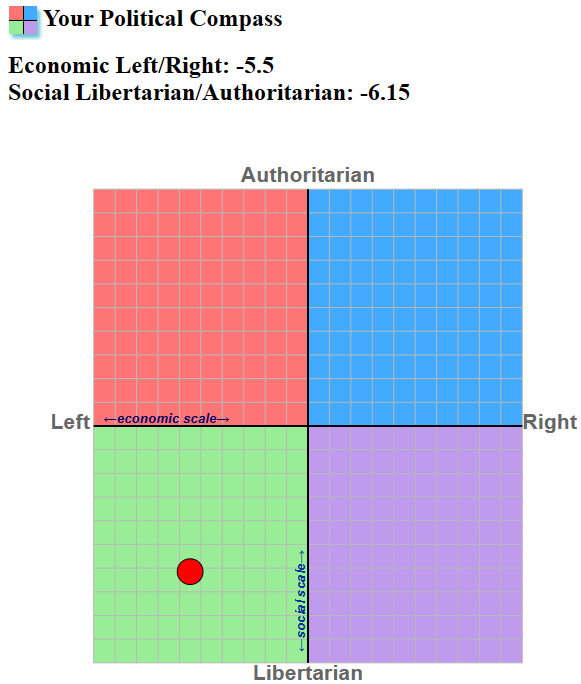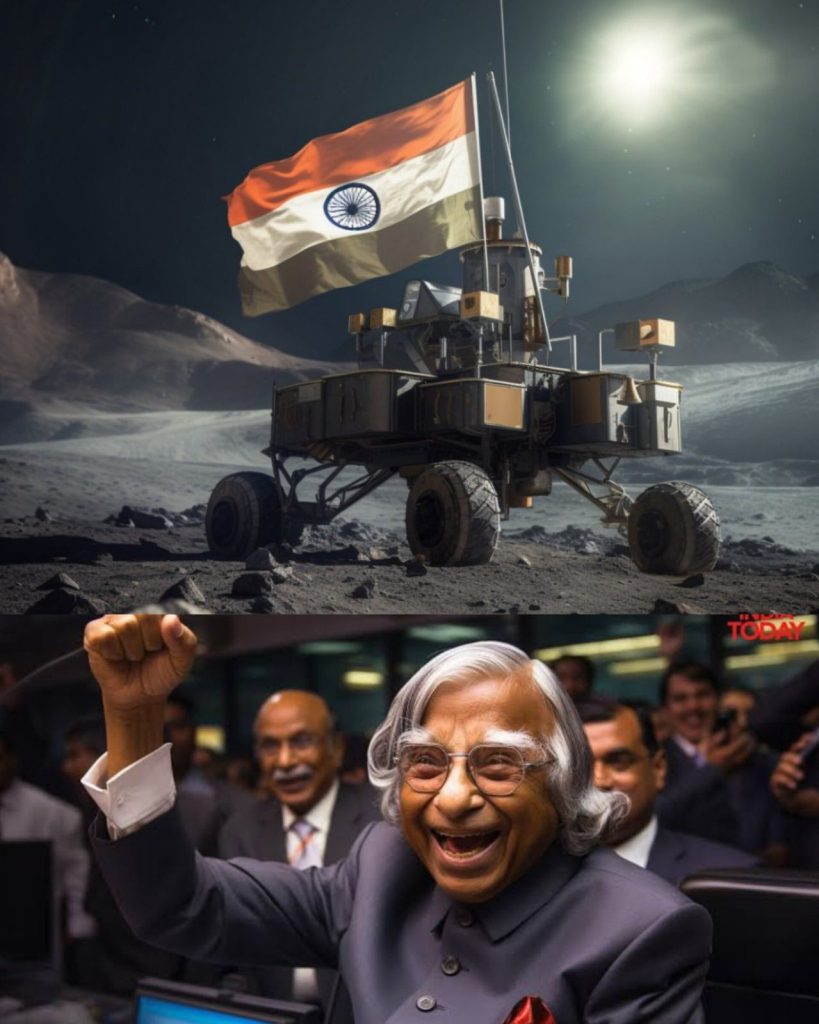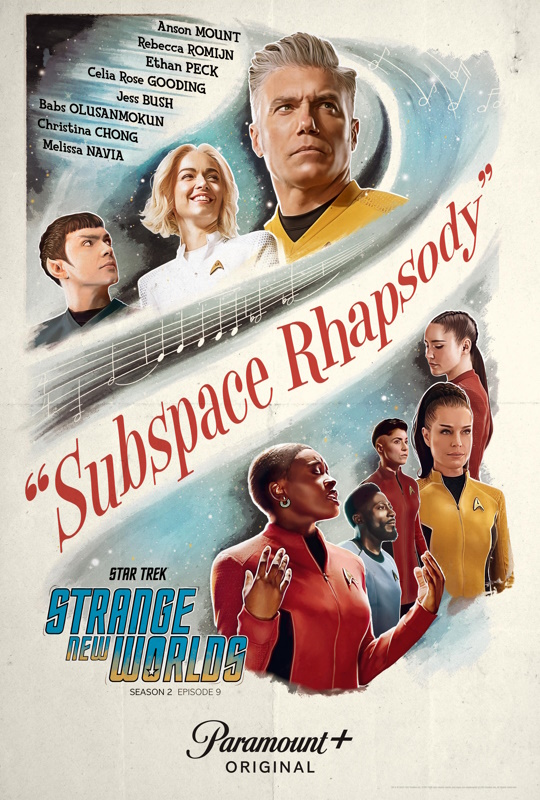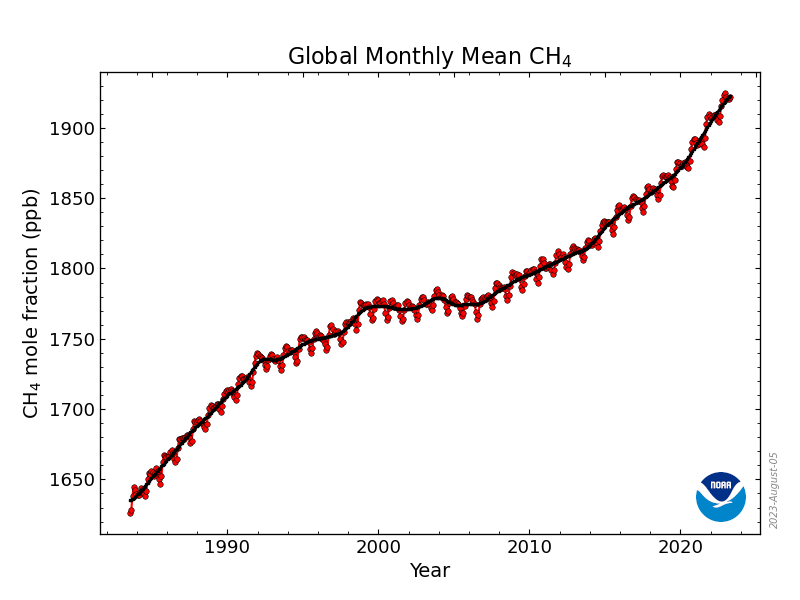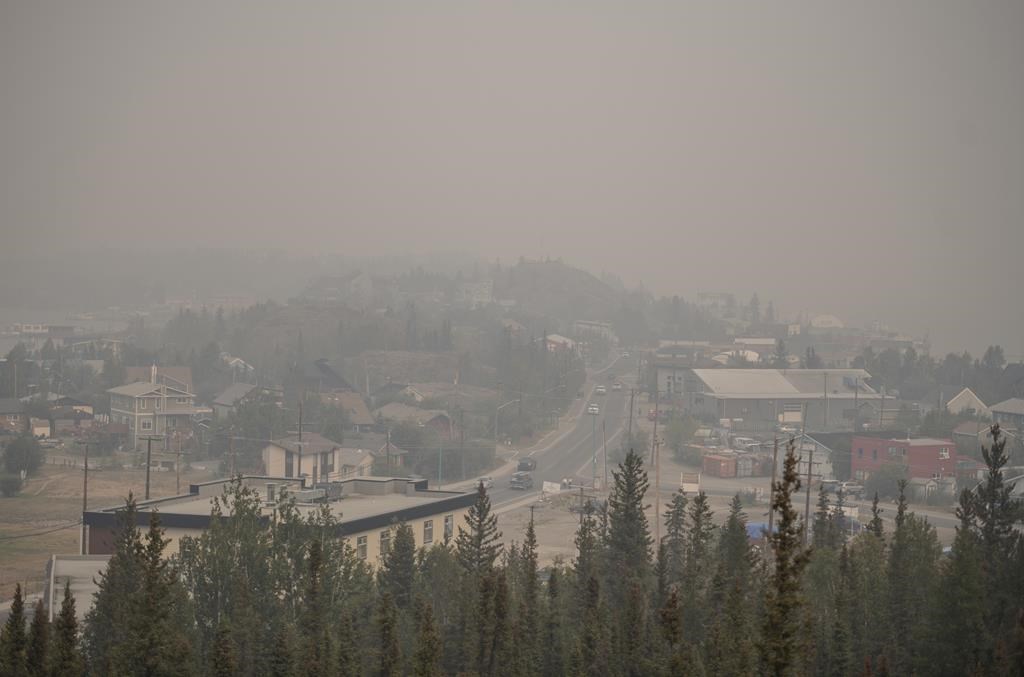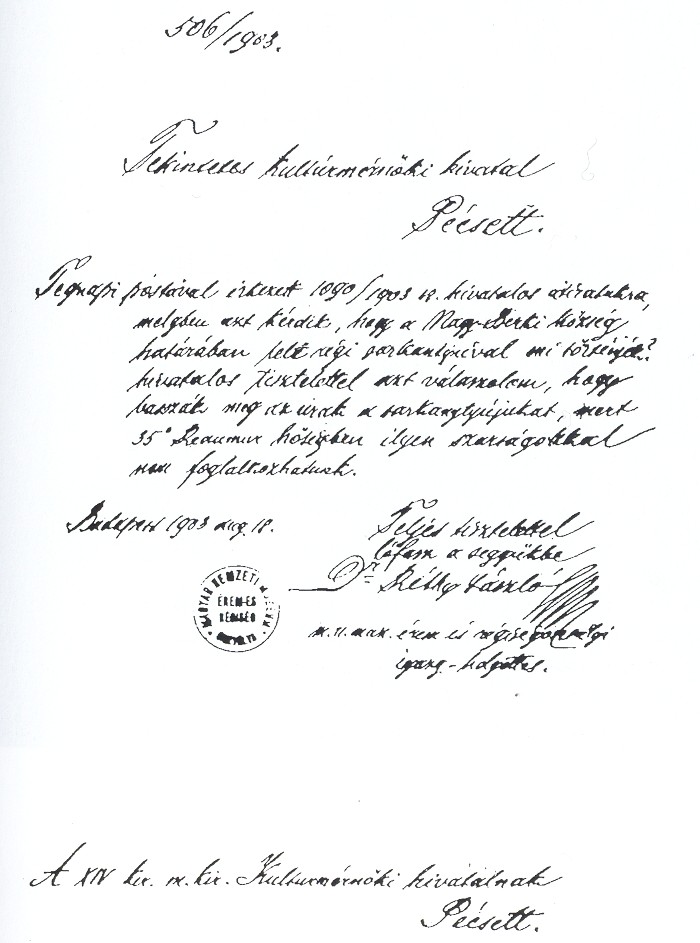One of the many unfulfilled, dare I say unfulfillable promises of the tech world (or at least, some of the tech world’s promoters) is “low code”. The idea that with the advent of AI and visual programming tools, anyone can write code.
Recall how medieval scribes prepared those beautiful codices, illuminated manuscripts. Eventually, that profession vanished, replaced by the printing press and, eventually, the typewriter. But what if someone suggested that with the advent of the typewriter, anyone can now write high literature? Laughable, isn’t it. There is so much more to writing than the act of making nicely formed letters appear on a sheet of paper.

Software development is just like that. It is about so much more than the syntax of a programming language. Just think of the complete life cycle of a software development project. Even small, informal in-house projects follow this model: A requirement is identified, a conceptual solution is formulated (dare I say, designed), the technology is selected, problems are worked out either in advance or as they are encountered during testing. The code is implemented and tested, bugs are fixed, functionality is evaluated. The code, if it works, is put into production, but it still needs to be supported, bugs need to be fixed, compatibility with other systems (including the operating system on which it runs) must be maintained, if it is a public-facing app, its security must be monitored, business continuity must be maintained even if the software fails or there are unexpected downtimes… These are all important aspects of software development, and they have very little to do with the act of coding.
In recent months, I benefited a great deal from AI. Claude and, especially perhaps, GPT-4, proved to be tremendous productivity tools of almost unbelievable efficiency. Instead of spending hours on Google searches or wading through StackExchange posts, I could just consult Claude and get an instant answer clarifying, e.g., the calling conventions of a system function. When I was struggling to come up with a sensible way to solve a problem, I could just ask GPT-4 for suggestions. Not only did GPT-4 tell me how to address the problem at hand, often with helpful code snippets illustrating the answer, it even had the audacity to tell me when my approach was suboptimal and recommended a better solution.
And yes, I could ask these little robot friends of ours to write code for me, which they did.
But this was when things took a really surprising turn. On several occasions, Claude or GPT not only offered solutions but offered inspired solutions. Elegant solutions. Except that the code they wrote had bugs. Sometimes trivial bugs like failure to initialize a variable or assigning a variable that was declared a constant. The kind of routine mistakes experienced programmers make, which are easily fixable: As the first, draft version of the code is run through the compiler or interpreter, these simple buglets are readily identified and corrected.
But this is the exact opposite of the “low code” promise. Low code was supposed to mean a world in which anyone can write software using AI-assisted visual tools. In reality, those tools do replace armies of inexperienced, entry-level programmers but experience is still required to design systems, break them down into sensible functional components, create specifications (even if it is in the form of a well-crafted prompt sent to GPT-4), evaluate solutions, perform integration and testing, and last but not least, fix the bugs.
What worries me is the fact that tomorrow’s experienced software architects will have to come from the pool of today’s inexperienced entry-level programmers. If we eliminate the market for entry-level programmers, who will serve as software architects 20, 30 years down the line?
Never mind. By then, chances are, AI will be doing it all. Where that leaves us humans, I don’t know, but we’re definitely witnessing the birth of a brand new era, and not just in software development.


